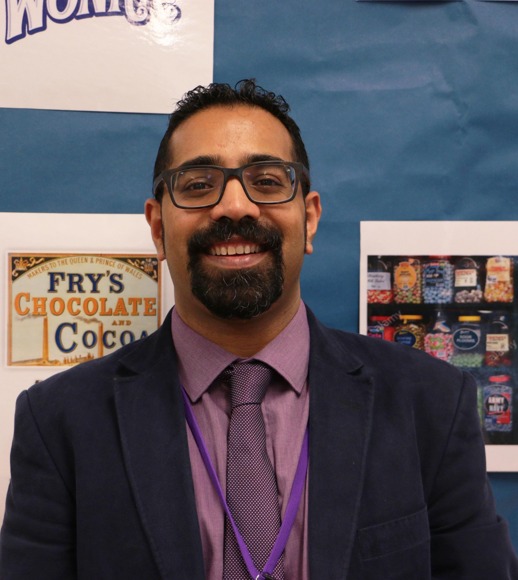- Home
- Curriculum
- Subject Information
- A Level Economics
A Level Economics
BackPlease see the transition work to be completed in the summer between GCSE and the beginning of Year 12.
Teacher in Charge of Economics: Mr Sundaram
 Economics is the study of individuals, groups, organisations and countries should make decisions to answer pressing global issues. It will allow you to understand what is said on the news and you will be able to have a critical view on substantial concerns such as: immigration, inequality, pollution and much more. For example: should the government increase spending on education or on sending aid to poverty stricken communities from war and natural disasters?
Economics is the study of individuals, groups, organisations and countries should make decisions to answer pressing global issues. It will allow you to understand what is said on the news and you will be able to have a critical view on substantial concerns such as: immigration, inequality, pollution and much more. For example: should the government increase spending on education or on sending aid to poverty stricken communities from war and natural disasters?
Economics can be split into two sections:
Microeconomics is concerned with factors that effects individuals and organisations.
For example: Is it worth it for the country overall to build a third runway in Heathrow even though it negatively affects the local community?
Macroeconomics – Focuses on the bigger picture and best ways to grow the economy. For example: Does rising inequality warrant the imposition of higher income and inheritance taxes on the rich?
What our students say about this course
Year 13 student
Starting Economics at A level has been an exciting and engaging experience because it studies the ever-changing world around us. It goes well with my two other subjects - Spanish and Product Design - as well as many others like Geography and Politics.
Next year I hope to study International Relations and Spanish at University. Economics has definitely inspired my choice of degree.